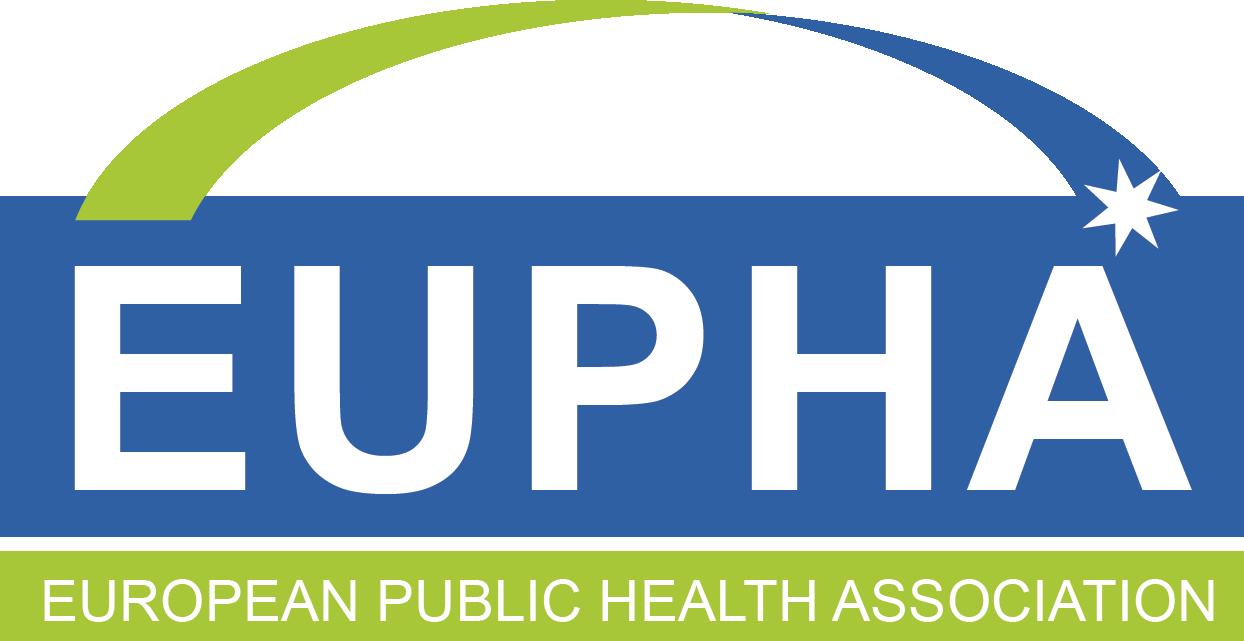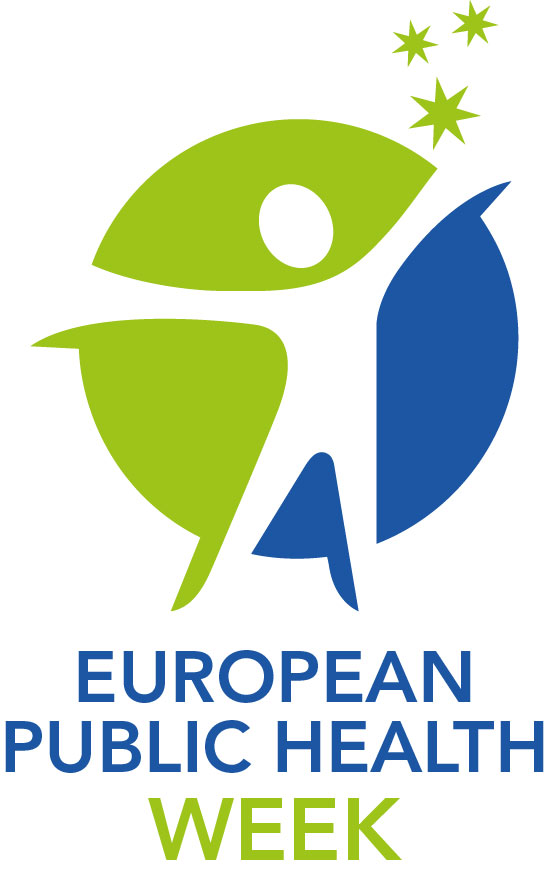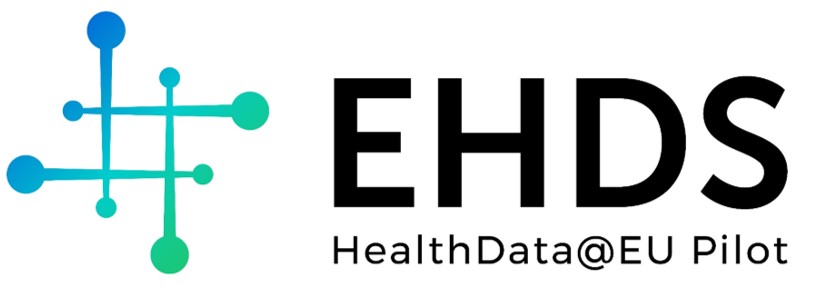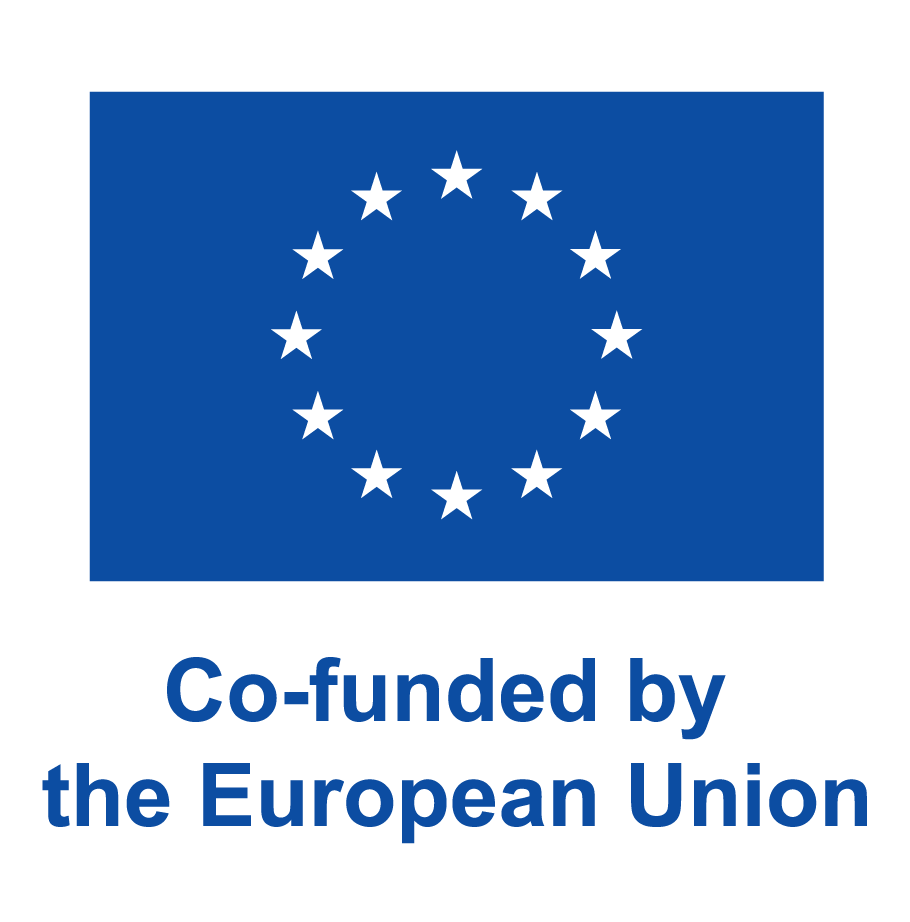 |
The European Public Health Association Newsletter - December 2022 |
|
Newsletter - December 2022 |
1. EditorialWe are pleased to send you this last EUPHA newsletter edition of 2022, again filled with many interesting updates, activities and publications. We wish you a wonderful Christmas time and a good start of 2023. We look forward to a new year full of impactful collaborations, scientific advancements and international friendship in the field of public health! Iveta Nagyova, EUPHA president and Marieke Verschuuren, Executive Director |
2. EUPHA updateWelcoming EUPHA's new president-elect and secretaryA warm welcome to two new members of the EUPHA Executive Council: the new EUPHA President-elect, Dr Tit Albreht, and the new EUPHA Secretary, Prof Charles Agyemang. Both were elected at the EUPHA Governing Board meeting last month (November 2022) in Berlin, Germany. Dr. Albreht will serve as EUPHA President for the term 2024-2026. The EUPHA Executive Council is charged with the management of the association.
Mental health in a digital world: how to ensure good mental health outcomes for vulnerable groupsEUPHA is actively participating in the Mental Health in All Policies Thematic Network of the Health Policy Platform, hosted by the European Commission and monitored by Mental Health Europe. The first webinar of this Thematic Network will be organised on 11 January, with the objective to share knowledge and experience related to concrete actions to maximise the opportunities and reduce the risks arising from digital technologies, in relation to mental health, with a focus on vulnerable groups. Upcoming webinars: Health information & environmental disasters and mental health.In January a webinar will be organised by Sciensano, supported by EUPHA. The subject of the webinar is: The change in demand and consumption of health information. European Public Health Week 2023Mark your calendars! From May 22 to 26 the next European Public Health Week will take place.
Do you want to receive the newest updates about the European Public Health Week? Subscribe for the EUPHW newsletter by sending us an e-mail: EUPHAcommunications@eupha.org. |
3. European Public Health Conference
|
5. Call for proposals, job opportunities |
6. Interesting newsHealth at a Glance: Europe 2022Health at a Glance: Europe 2022 marks the start of a new State of Health in the EU cycle – an initiative launched by the European Commission, in co-operation with the OECD and the European Observatory on Health Systems and Policies, to assist EU Member States in improving the health of their citizens and the performance of their health systems. The report examines the key challenges European countries must address to develop stronger, more resilient health systems following the acute phase of the COVID-19 pandemic. It also includes a special focus on how the pandemic has affected young people’s mental and physical health. Investing in health systems towards Universal Health Coverage: a compilation of resources by the European Observatory on Health Systems and Policies to help policy-makers ensure #healthforallUniversal Health Coverage (UHC) is crucial to build health systems that ensure access to high quality services, protect against financial hardship, promote well-being of families and communities, strengthen resilience, and protect against public health crises. Digital health service delivery in Europe: Lessons from the pandemicDigital health service delivery solutions such as telehealth consultations and remote monitoring were rapidly implemented early in the COVID-19 pandemic as in-person service delivery was curtailed for infection control purposes. Previous seemingly insurmountable legal and financial barriers to implementation were swiftly overcome. However, there is now a need to take stock and ensure “emergency” fixes have been transformed into longer-term regulatory and payment mechanisms to consolidate progress. Which digital solutions have proven their worth? What have been the longer-term barriers and facilitators to implementation? What role do digital solutions have in recovery from the pandemic? Perspectives on Paternalism and Public HealthThe Faculty of Public Health in collaboration with colleagues at the EUPHA Ethics in public health section and other partners have published a report on Perspectives on Paternalism and Public Health. The report is a collection of essays reflecting on the paternalism debate in public health practice and policy. Health System Summary for United Kingdom, Kyrgyzstan, Poland and Bulgaria.Health System Summaries that are published by the European Observatory on Health Systems and Policies are stand-alone, concise documents summarising the main elements of a country’s health system in an engaging, policy-relevant way. They analyse core evidence and data on the organization, financing and delivery of health care. They also provide insights into key reforms and the varied challenges testing the performance of the health system. How do countries' health sector contribute to the economy?The “Health and the Economy: a series of country snapshots” series developed by the European Observatory on Health Systems and Policies in collaboration with the WHO Barcelona Office for Health Systems Financing share valuable evidence for policy-makers on how investing in health sectors and health systems helps to achieve national economic objectives. Lately, the country snap shots of Germany, Italy and Finland are published. The series can be found here. |
7. Upcoming courses and conferences
|
8. Interesting publicationsThe cost of inaction on physical inactivity to public health-care systems: a population-attributable fraction analysisThe Lancet Global Health | Article | 5 December 2022 Between rules and resistance: moving public health emergency responses beyond fear, racism and greedThe BMJ Global Health | Analysis | 5 December 2022 Cross-border healthcare collaborations in Europe (2007-2017): Moving towards a European Health Union?Health Policy | Article | December 2022 After the four-year transition period: Is the European Union's Medical Device Regulation of 2017 likely to achieve its main goals?Health Policy | Article | December 2022 Population ageing and health financing: A method for forecasting two sides of the same coinHealth Policy | Article | December 2022 Reimagining health systems as systems for healthThe BMJ | Opinion | 16 December 2022 EUPHA members' priorities - selection on health promotionEUPHA’s member survey indicated that one of the public health priorities for our members is health promotion, in its broader sense. Therefore, we have compiled some recent and interesting articles relating to this research field, in addition to the usual interesting publication that we share in the newsletter. The Lancet Child and Adolescent Public Health | Editorial | December 2022 The BMC | Research | November 2022 |
9. European Commission newsEU and African partners launch flagship initiative to enhance sexual and reproductive health and rightsEuropean and African partners are joining forces to improve sexual and reproductive health and rights (SRHR) in Africa, particularly among adolescent girls and young women, to empower and enable them to reach their full potential. The initiative builds on a joint analysis of gaps, needs, and lessons learnt, and prioritises areas where a regional perspective can complement global and country level investments, with a focus on three specific objectives:
EU institutions agree on joint priorities for 2023 and 2024A Joint Declaration on EU legislative priorities for 2023 and 2024 was signed on 15 December by the Presidents of Parliament, Council and Commission. Regarding health, priorities and work include :
|
11. WHO newsWHO calls on countries to close gaps in health coverage for people affected by conflict and low-income householdsAs the European Region grapples with war, a cost-of-living crisis and rising energy costs, WHO/Europe urges countries to heed the lessons from the 2008 financial crisis, step up public spending on health and give priority to protecting the people most in need, which is now more important than ever. Health for all: Meeting the needs of children and adolescents through enabling policies“Supporting nutrition, education and access to health services, while preventing violence and injury are all essential to the health and wellbeing of children and adolescents throughout this region, and the world” said Zhanar Kalmakova, the Acting Board Chairperson at the National Center for Public Health of Kazakhstan. The Government of Kazakhstan has taken recent and purposeful steps to ensure that children and adolescents have universal access to health coverage, including important sexual and reproductive health services. WHO Pan-European Coalition paves the way for a new direction in mental health and well-beingThe meeting held on 23-24 November revealed that the WHO European Region has innumerable resources and tools available for supporting mental health and well-being, but that they require greater investment and adaptation to specific local contexts. The focus of the Coalition in the new year will be on shining a light on these resources and tools, including by systematically mapping existing mental health-related policies and evidence-based tools in the Region. Participatory health research with migrants: a country implementation guideThis country implementation guide identifies key issues in regard to migrants’ involvement in health research. It offers evidence for adopting a participatory health research approach for meaningful, rather than tokenistic, involvement. The need for rehabilitation services in the WHO European RegionRehabilitation aims to optimise functioning and reduce disability in individuals with health conditions in interaction with their environment. It is a cost-effective service that anyone may need at some point in their lives. From the Global Burden of Diseases, Injuries and Risk Factors Study 2019 dataset, this report describes the need for rehabilitation services in the WHO European Region. The WHO European framework for action to achieve the highest attainable standard of health for persons with disabilities 2022-2030The WHO European framework for action to achieve the highest attainable standard of health for persons with disabilities 2022–2030, with its accompanying Resolution, was adopted by all 53 Member States in September 2022. It is expected to have a significant impact on the health and well-being of all in the Region, and especially persons with disabilities, as it will advance inclusive health systems across the Region. |
|
|
|
Unsubscribe If you would like unsubscribe from the EUPHA newsletter then please click here. |






 Funded by the European Union. Views and opinions expressed are however those of the author(s) only and do not necessarily reflect those of the European Union or HaDEA. Neither the European Union nor the granting authority can be held responsible for them.
Funded by the European Union. Views and opinions expressed are however those of the author(s) only and do not necessarily reflect those of the European Union or HaDEA. Neither the European Union nor the granting authority can be held responsible for them.